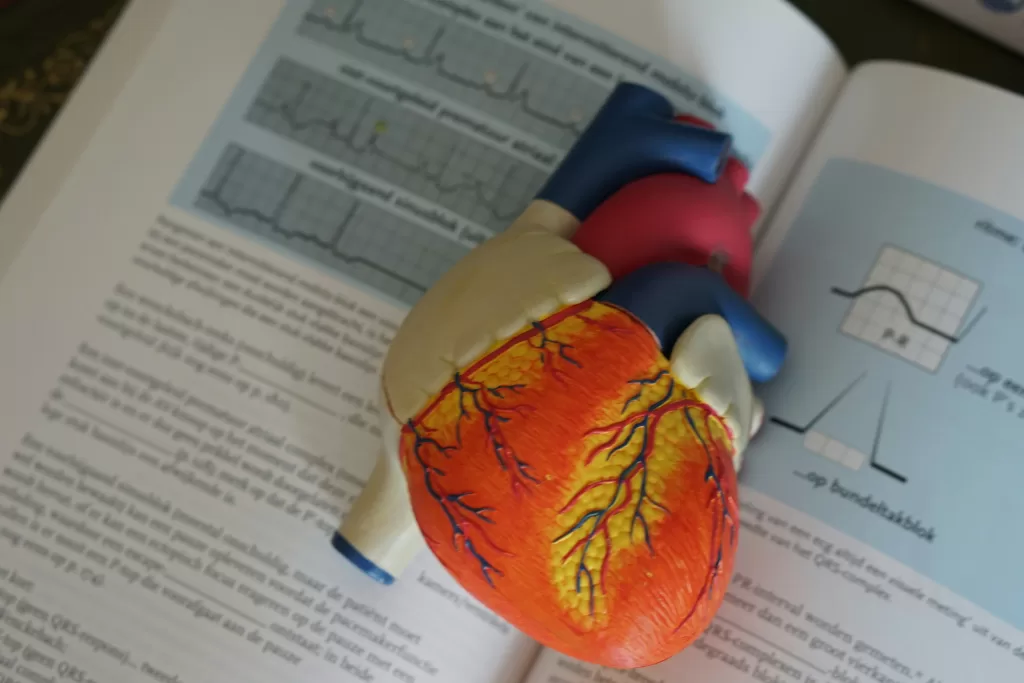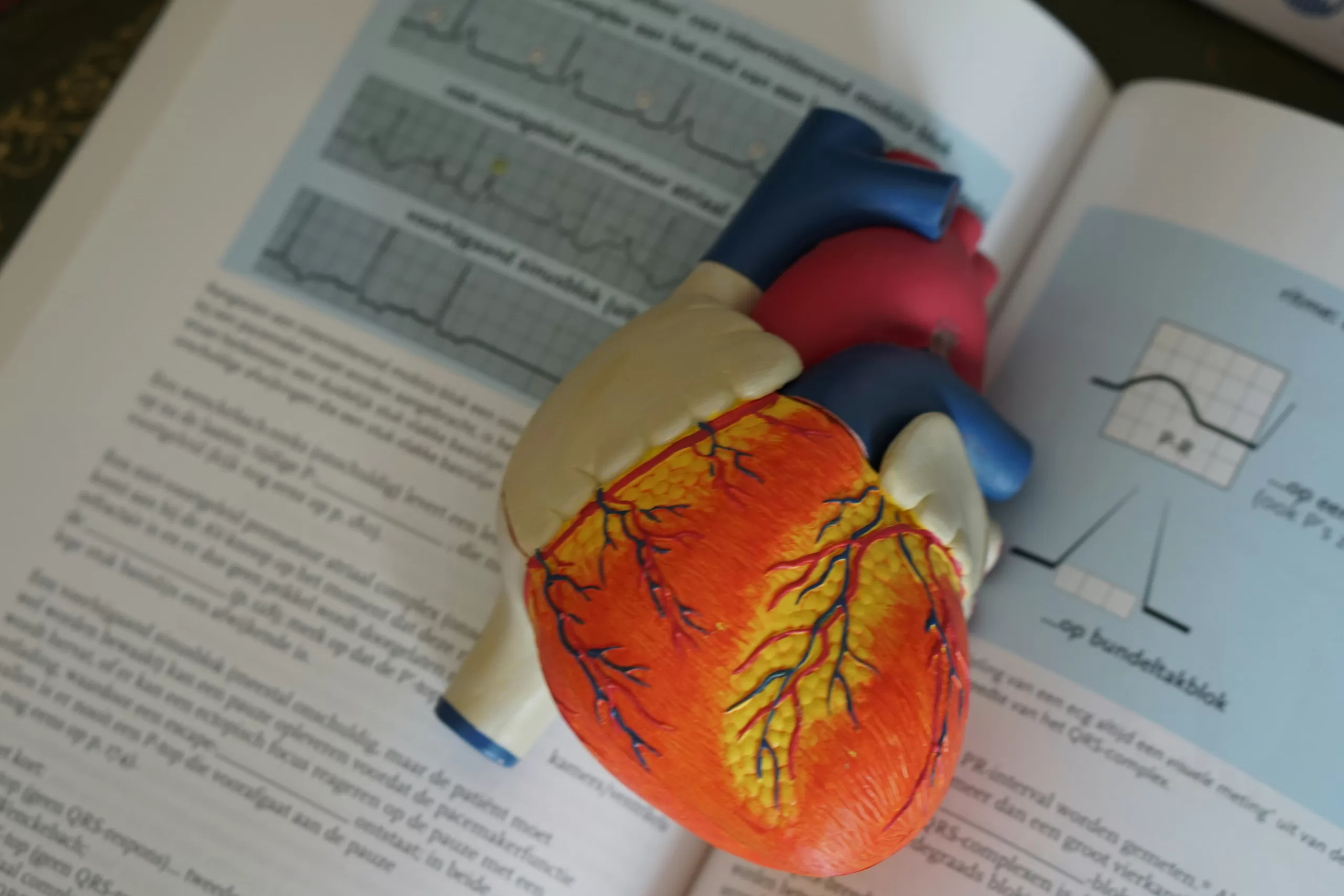Heart disease remains the leading cause of death globally, impacting millions of lives each year. While significant progress has been made in understanding the risk factors associated with heart disease, the precise genetic underpinnings of this complex condition have remained largely elusive. However, a recent breakthrough involving artificial intelligence (AI) offers a glimpse into a future where personalized medicine for heart disease becomes a reality.

Heart disease is a multifaceted condition influenced by a combination of genetic and environmental factors. Traditional methods for identifying genes associated with disease often relied on genome-wide association studies (GWAS). These studies compare the genetic makeup of individuals with and without a particular disease, searching for variations (single nucleotide polymorphisms or SNPs) that occur more frequently in the diseased population. While GWAS have identified numerous SNPs linked to heart disease, many of these variants exert a relatively weak effect, making it challenging to pinpoint the specific genes responsible and develop targeted therapies.
Machine Learning Model Used to Gain More Insights by Researchers
Researchers at Icahn School of Medicine at Mount Sinai are pioneering the use of a novel AI tool to unlock the secrets hidden within our genes. This tool, called a machine learning-based marker (MLBM), takes a more sophisticated approach compared to traditional GWAS. Instead of simply analyzing individual SNPs, the MLBM leverages machine learning algorithms to identify complex patterns across hundreds of genetic variants. Imagine sifting through a vast library of books, searching not just for individual words but for nuanced patterns and connections between sentences and paragraphs. The MLBM operates in a similar fashion, analyzing the interplay between numerous genetic variations to identify those that collectively contribute to an increased risk of heart disease.
The MLBM’s ability to identify complex patterns within genetic data has yielded significant results. The research team used the MLBM to analyze electronic health records and genetic data from over 600,000 individuals. This analysis revealed not only common SNPs associated with heart disease but also a set of rare coding variants within 17 previously unknown genes. These rare variants, while individually occurring in a smaller proportion of the population, may exert a more significant impact on heart disease risk. Imagine finding a single, critical clue hidden amongst a mountain of seemingly unrelated information. The MLBM’s ability to identify these rare yet impactful genetic variations holds immense potential for uncovering new pathways involved in heart disease development.

The identification of these novel genes opens doors for the development of more targeted therapies for heart disease. By understanding the specific genetic mutations contributing to an individual’s risk, doctors can potentially tailor treatment plans to address the underlying cause rather than simply manage symptoms. Imagine a future where preventive measures and medications can be personalized based on a person’s unique genetic makeup, potentially preventing heart disease altogether.
New Technologies Changing Medical Research
The success of the MLBM in uncovering new genetic variants for heart disease signifies a paradigm shift in our approach to medical research. AI has the potential to revolutionize the way we diagnose, treat, and ultimately prevent a wide range of diseases. By harnessing the power of AI to analyze complex biological data, researchers can gain a deeper understanding of the intricate dance between genes and disease. This newfound knowledge can pave the way for the development of personalized medicine, offering a future where healthcare becomes more proactive and effective in combating life-threatening conditions like heart disease.






